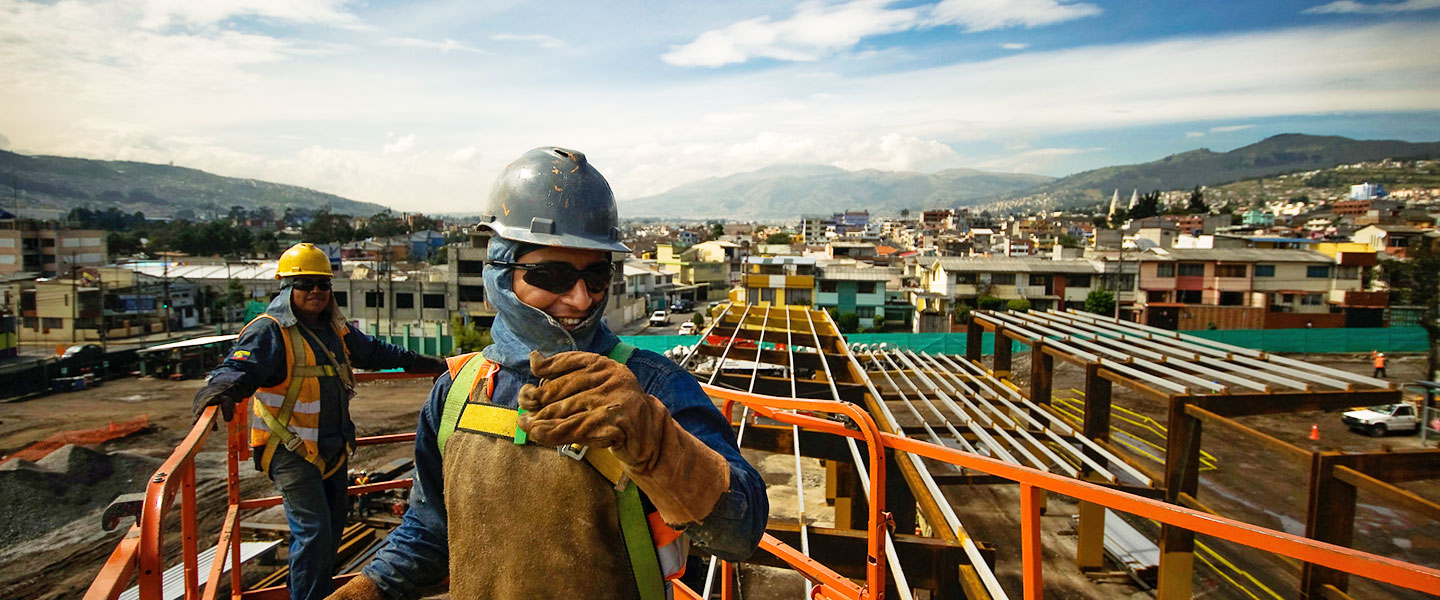In recent months, economic growth has slowed significantly, owing to an increase in insecurity caused by organized crime, disruptions in oil production, an energy crisis, climate-related events and political uncertainty.
At the same time, the new government that began its 18-month term in November 2023 faces substantial liquidity constraints and a major financing gap. The new administration has taken important steps to address the difficult fiscal situation. In addition to implementing measures to address short-term liquidity constraints, it has enacted laws to raise the sales tax (from 12 to 15 percent), revoke the phased reduction of the capital outflow tax, attract foreign investment, promote jobs and reactivate the economy. The government is also focusing on targeting fuel subsidies and reducing current expenditure.
In this context, the annual deficit of the non-financial public sector declined from 3.6 percent in 2023 to 2.0 percent in June 2024. Going forward, fiscal consolidation efforts must continue to prevent liquidity constraints from reappearing over the next few years.
Another short-term challenge is related to the energy crisis, which has caused power outages throughout the country, in the midst of one of the most severe droughts in recent years. Measures are needed to increase investment in the sector, with a view to improving existing power generation units and incorporating innovative technologies.
In terms of structural challenges, the country needs to regain confidence in capital markets and create fiscal buffers to enable it to face upcoming changes in international and climate contexts. Additionally, the public sector needs to redouble efforts to reduce its dependence on the oil sector. This goal is urgent given that the oil industry, which, besides being affected by the maturation of wells and insufficient investment, must now deal with the implementation of a referendum to halt operations in Yasuni National Park.
To resume its poverty reduction efforts, the country needs to unleash its immense growth potential to generate more and better jobs for its population. However, this requires building political consensus to address the structural barriers that hinder formal job creation, increased private investment and export diversification. A recent World Bank report (Ecuador: Growing Resilient for a Better Future) found that key structural barriers to growth include widespread market intervention, a lack of competition, limited trade integration and rigid labor regulation. The country also may face sectoral constraints that prevent it from exploiting opportunities in sectors where it already has comparative advantages, such as sustainable mining, agriculture, and tourism.
These challenges assume even greater urgency against a backdrop of risks to the Ecuadorian economy and population arising from external factors, such as the slowdown of the world’s largest economies, the decline in commodity prices and high international interest rates. Additionally, the country is exposed to climate-related disasters such as the potential effects of El Niño and La Niña, which could negatively affect the economy in the coming months—and increasing insecurity and political instability.
This not only affects economic performance but also has an impact on consensus building to facilitate political and social stability and address upcoming challenges. The lack of consensus concerning critical reforms could perpetuate the economic pendulum associated with oil price cycles and impede the country from achieving higher and inclusive growth as it adjusts to a global decarbonization process.
Last Updated: Oct 10, 2024



